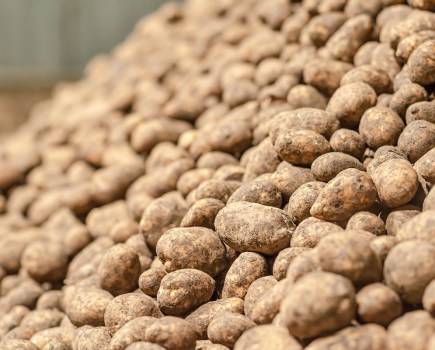Over 30,000 school pupils from across England and Wales have signed up to take part in the NFU’s Science Farm Live lessons during British Science Week. Charlotte Cunningham reports.
In the lessons, farmers from across the country will take children through real-life farming situations while covering core science topics. The programme includes:
- Live lambing with sheep farmer Sioned Davies.
- Discovering future farming tech with experts at Harper Adams University.
- The life cycles of chickens, starting with hatching, with the founder of Eggucation, Deb Howe.
- Vet school with dairy vet Navaratnam Partheeban.
- A farming-themed climate science show with Welsh science museum Techniquest.
The programme has become the newest addition to NFU Education resources, joining projects like #LockdownLearning and the popular Farmvention competition, and provides the opportunity for British farming to reach its biggest ever virtual classroom.
The free lessons will take place between 8-12 Mar and are designed so they can be easily delivered if children are still learning from home or back in school.
NFU president Minette Batters said: “It’s absolutely incredible to see so many students already registered for our Science Farm Live programme. Our education projects and teaching resources have always been incredibly popular among both teachers and pupils, and the swell of enthusiasm for these live lessons is a golden opportunity to put food and farming in front of more children than ever.
“These lessons are a fantastic way to give schoolchildren a taste of real-life farming and inspire them about the scientific opportunities within agriculture, while covering key elements within the curriculum.
“The past 12 months have been really tough for teachers, pupils and parents alike, and these lessons offer a chance for children to get excited about science and learn about farming, while also taking some of the pressure off our educators.
“We still have a few weeks to go until British Science Week and we want to get even more pupils signed up. I ask all farmers to reach out to their local primary schools and encourage them to get involved.”




